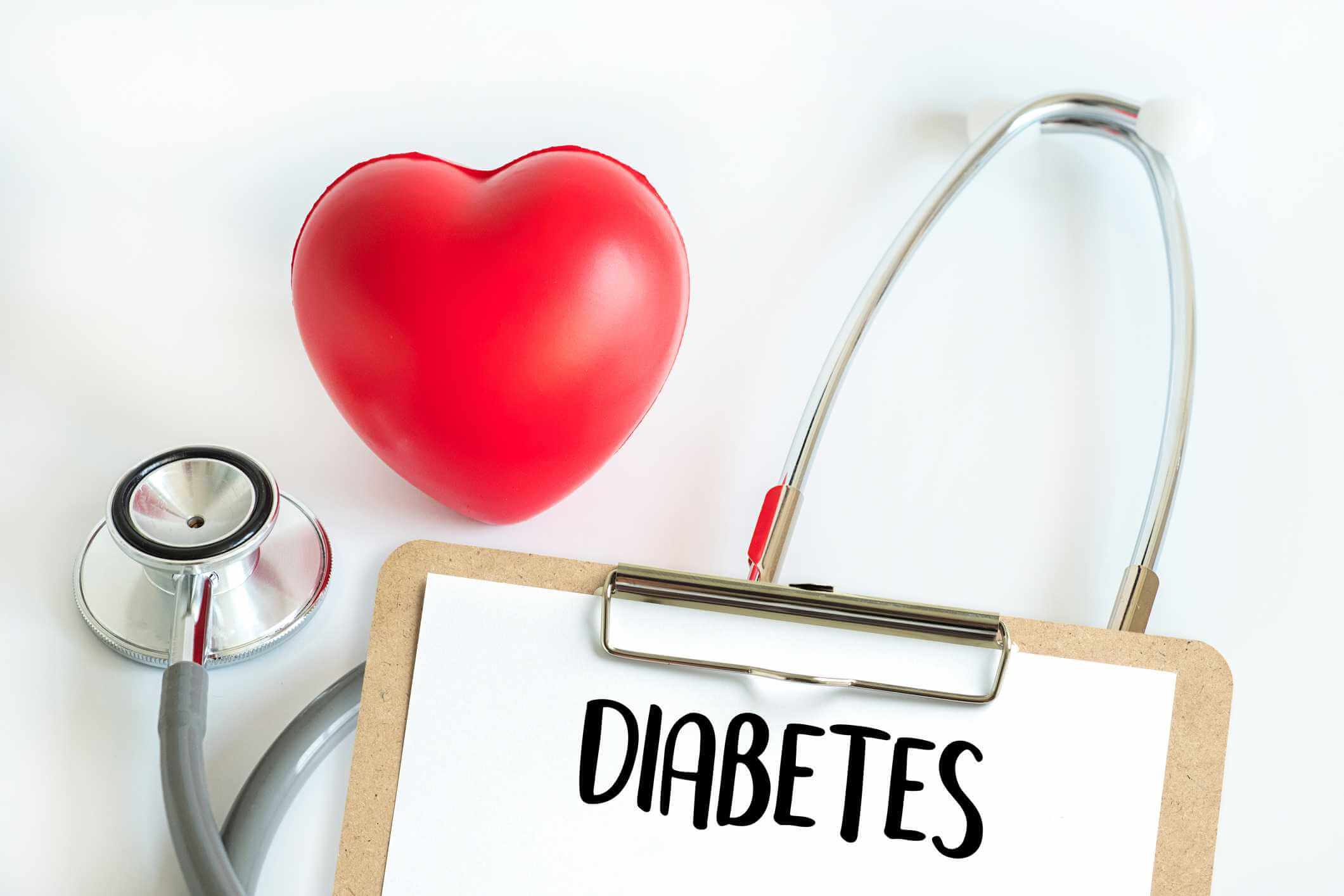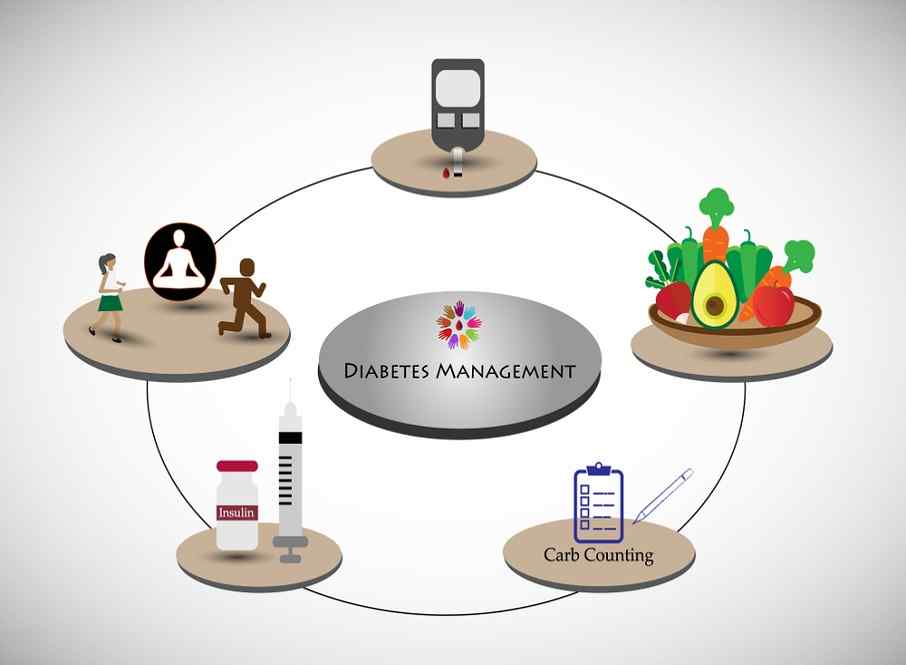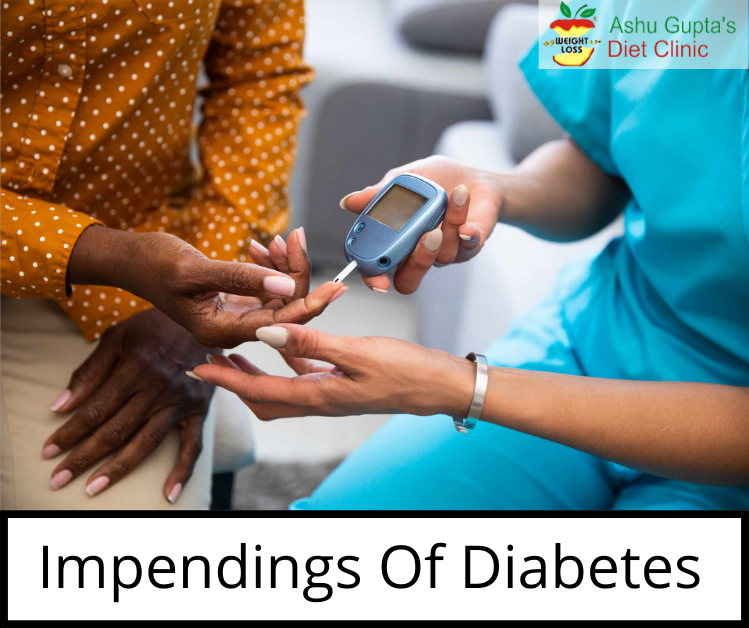Gestational diabetes - Healthy diet Plan for Gestational Diabetes
Gestational diabetes is a stage When a woman's hormones during pregnancy make her resistant to the effects of insulin. It may result in a number of consequences if untreated, which can be very harmful for your health. By eating a balanced and healthy diet and keeping your weight at a healthy level, you can lower your risk of developing gestational diabetes.
When blood sugar levels are too high during pregnancy, gestational diabetes can develop.
• Gestational diabetes can be treated quickly to guarantee a risk-free pregnancy and a healthy baby.
• Having gestational diabetes increases the likelihood of developing type 2 diabetes after delivery, but it does not guarantee that a person already has diabetes or will develop it after delivery.
What is Gestational Age
Type 2 diabetes develops When the body of female cannot producehormone insulin while a woman is pregnant. Insulin, which is made by the pancreas, facilitates the body's cells' utilisation of blood sugar for energy.
When the body develops insulin resistance, it requires more insulin to process blood glucose or sugar. High blood sugar levels might result from the pancreas' inability to keep up with the need for insulin.
Insulin resistance is also linked to being overweight before conception and not exercising, both of which can be hazardous to the pregnant woman and the unborn child.
The symptoms of gestational diabetes may include:
- Tiredness
- Nausea
- Unusually Thirsty
- Urinating Frequently
- Bladder Infections
- Blurred Vision
Healthy eating tips for Gestational diabetes women
- To understand how food, beverages, and exercise affect blood sugar levels, keep a journal of your intake.
- Pick foods with fewer calories, sugar, salt, saturated and trans fats, and other additives.
- Rather than soda or juice, sip on water.
- As a sweet treat, pick fruit rather than manufactured, sugary items.
- Make easy substitutions, such moving from meals high in saturated fats, like butter and fatty cuts of meat, to foods high in unsaturated fats, like fish and olive oil.
- To assist lower salt intake, look for foods marked "low in sodium" and steer clear of processed or packaged foods like pizza and deli meats.
- Instead of salt, flavour dishes with lemon, herbs, or spices.
Foods to eat in Gestational diabetes
If a person has gestational diabetes, they should follow a healthy diet. The diabetic plate method is advised by the American Diabetes Association to aid in ensuring that a person eats a balanced diet of healthy foods.
Nonstarchy vegetables – peppers, spinach, carrot, broccoli, cauliflower, sprouts, asparagus, cucumbermushroom, zucchini, salad greens, eggplant, celery.
Lean protein – chicken, turkey, eggs, salmon, tuna, lean cuts of red meat, beans, lentils, hummus, nuts, nut butters, tofu and tempeh.
Carbohydrate – brown rice, bulgur wheat, oats, sweet potato, parsnips, butternut , chickpeas, fruits and dried fruit.

.png)






